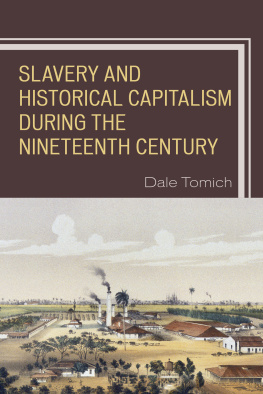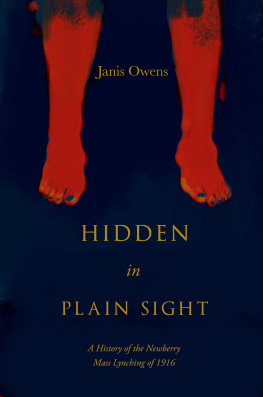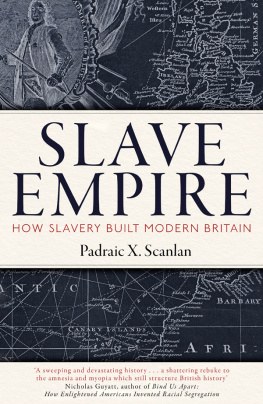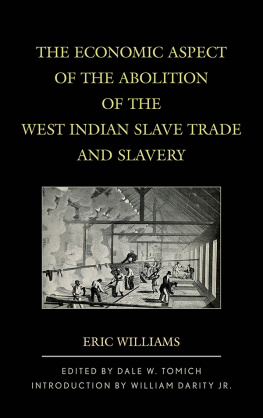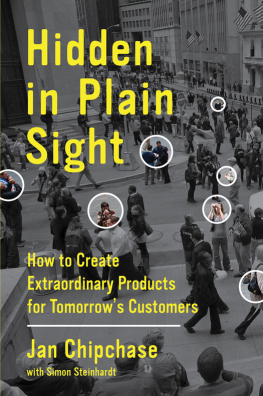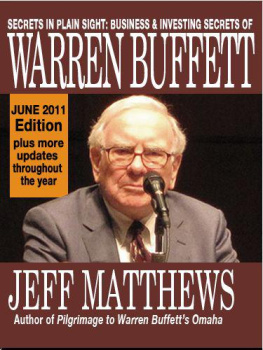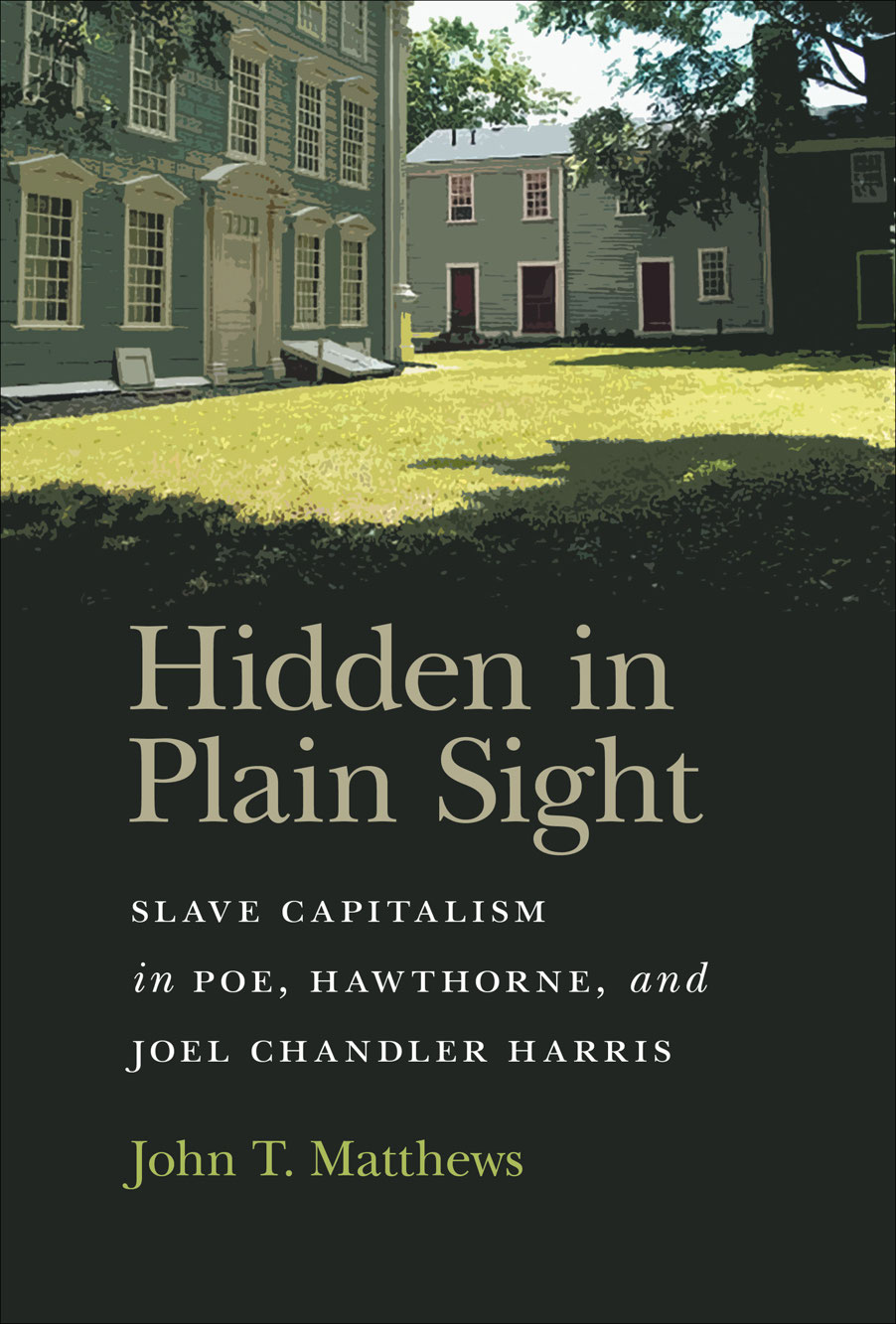John T. Matthews - Hidden in Plain Sight: Slave Capitalism in Poe, Hawthorne, and Joel Chandler Harris
Here you can read online John T. Matthews - Hidden in Plain Sight: Slave Capitalism in Poe, Hawthorne, and Joel Chandler Harris full text of the book (entire story) in english for free. Download pdf and epub, get meaning, cover and reviews about this ebook. year: 2020, publisher: University of Georgia Press, genre: Romance novel. Description of the work, (preface) as well as reviews are available. Best literature library LitArk.com created for fans of good reading and offers a wide selection of genres:
Romance novel
Science fiction
Adventure
Detective
Science
History
Home and family
Prose
Art
Politics
Computer
Non-fiction
Religion
Business
Children
Humor
Choose a favorite category and find really read worthwhile books. Enjoy immersion in the world of imagination, feel the emotions of the characters or learn something new for yourself, make an fascinating discovery.

- Book:Hidden in Plain Sight: Slave Capitalism in Poe, Hawthorne, and Joel Chandler Harris
- Author:
- Publisher:University of Georgia Press
- Genre:
- Year:2020
- Rating:3 / 5
- Favourites:Add to favourites
- Your mark:
Hidden in Plain Sight: Slave Capitalism in Poe, Hawthorne, and Joel Chandler Harris: summary, description and annotation
We offer to read an annotation, description, summary or preface (depends on what the author of the book "Hidden in Plain Sight: Slave Capitalism in Poe, Hawthorne, and Joel Chandler Harris" wrote himself). If you haven't found the necessary information about the book — write in the comments, we will try to find it.
For as long as the United States owed its prosperity to a New World plantation complex, from colonial settlement until well into the twentieth century, the toxic practices associated with its permutations stimulated imaginary solutions to the contradiction with the nations enlightenment ideals and republican ideology. Ideals of liberty, democracy, and individualism could not be separated from a history of forcible coercion, oligarchic power, and state-protected economic opportunism. While recent historical scholarship about the relation of capitalism to slavery explores the depths at which U.S. ascension was indebted to global plantation slave economies, John T. Matthews probes how exemplary works of literature represented the determination to deny the open secret of a national atrocity. Difficult truths were hidden in plain sight, allowing beholders at once to recognize and disavow knowledge they would not act on.
What were the habits of mind that enabled free Americans to acknowledge what was intolerable yet act as if they did not? In what ways did non-slave-owning Americans imagine a relation to slavery that both admitted its iniquity and accepted its benefits? How did the reconfiguration of the plantation system after the Civil War elicit new literary forms for dealing with its perpetuation of racial injustice, expropriation of labor, and exploitation for profit of the land? Hidden in Plain Sight examines signal nineteenth-century works by Edgar Allan Poe, Nathaniel Hawthorne, Herman Melville, and Joel Chandler Harris to show how writers portrayed a nation founded on the unseen seen of slaverys capitalism.
John T. Matthews: author's other books
Who wrote Hidden in Plain Sight: Slave Capitalism in Poe, Hawthorne, and Joel Chandler Harris? Find out the surname, the name of the author of the book and a list of all author's works by series.



